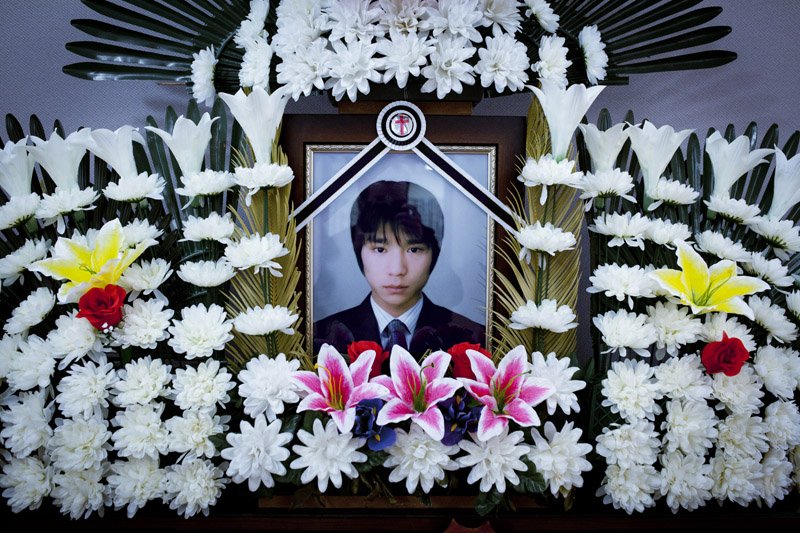Samsung Galaxy
After the Korean war (1950-53), South Korea was one of the poorest countries in the world. Yet, less than thirty years later, it became the world's 15th largest economy. This success can be partly explained by chaebols, huge conglomerates supported by dictator Park Chung-Hee between 1962 and 1979.
Nowadays, in the young Korean democracy the economy is still dominated by LG, SK, or Hyundai, flourishing remains of the dictatorship.
Established in 1938 by M. Lee Byung-Chul in the city of Daegu, Samsung (which means “Three Stars”) is the largest of those chaebols, and the largest group in South Korea. It represents, directly or indirectly, one-fifth of the GDP.With its growth from a small import-export shop to the flagship of the nation, Samsung embodies Korean economic success.
Even though Samsung is famous worldwide for its electronic devices, its influence in Korea goes far beyond that.
Through its 79 subsidiaries, Samsung can be seen everywhere— from every layer of the society to every aspect of daily life. You can be born in a Samsung Hospital, study in a Samsung university, and live inside a Samsung apartment on a Samsung block. You can take the subway built by Samsung and walk in the street guarded by Samsung surveillance cameras. If you want to escape from routine you can even enjoy the biggest amusement park in Korea, Everland, a key company for Samsung's financial structure. If that is not enough, you can choose a Samsung life insurance and wear Samsung clothes. From the cradle to the grave.
This work also reveals the collateral damage behind the statistics. For 77 years, the Samsung Group has forbidden trade unions in all of its subsidiaries and denied the relationship between leukemia and the semi-conductor working environment. I wanted to show those women and men who fight against the giant for their rights to build a trade union and have work-related illnesses recognized.
This story is hard to spread in South Korea where Samsung is so powerful and praised by the vast majority of people.
This extreme form of capitalism, which brings wealth to an entire society but also creates a dangerous dependency towards a single entity, is a fascinating paradox. This project attempts to reveal it through photographs.
Diffusion: De Corespondant, Daily China, The New York Times
Festivals:
Grenoble International Short Film Festival, France
Seoul International Extreme-Short Image & Film Festival, South Korea
Kasseler Dokfest, Germany
Rennes Travelling Festival, France
Clermont-Ferrand International Short Film Festival, France
Go Short! International Film Festival, Nijmegen, the Netherlands
Manaki Brothers International Cinematographers’ Film Festival, Skopje, North Macedonia
Milan International Exhibition of Video Art and Cinema Beyond -- Invideo, Italy
St-Paul-3-Châteaux Film Festival, France
VIS Vienna Shorts, Austria
Les Arcs European Cinema Festival, France








































